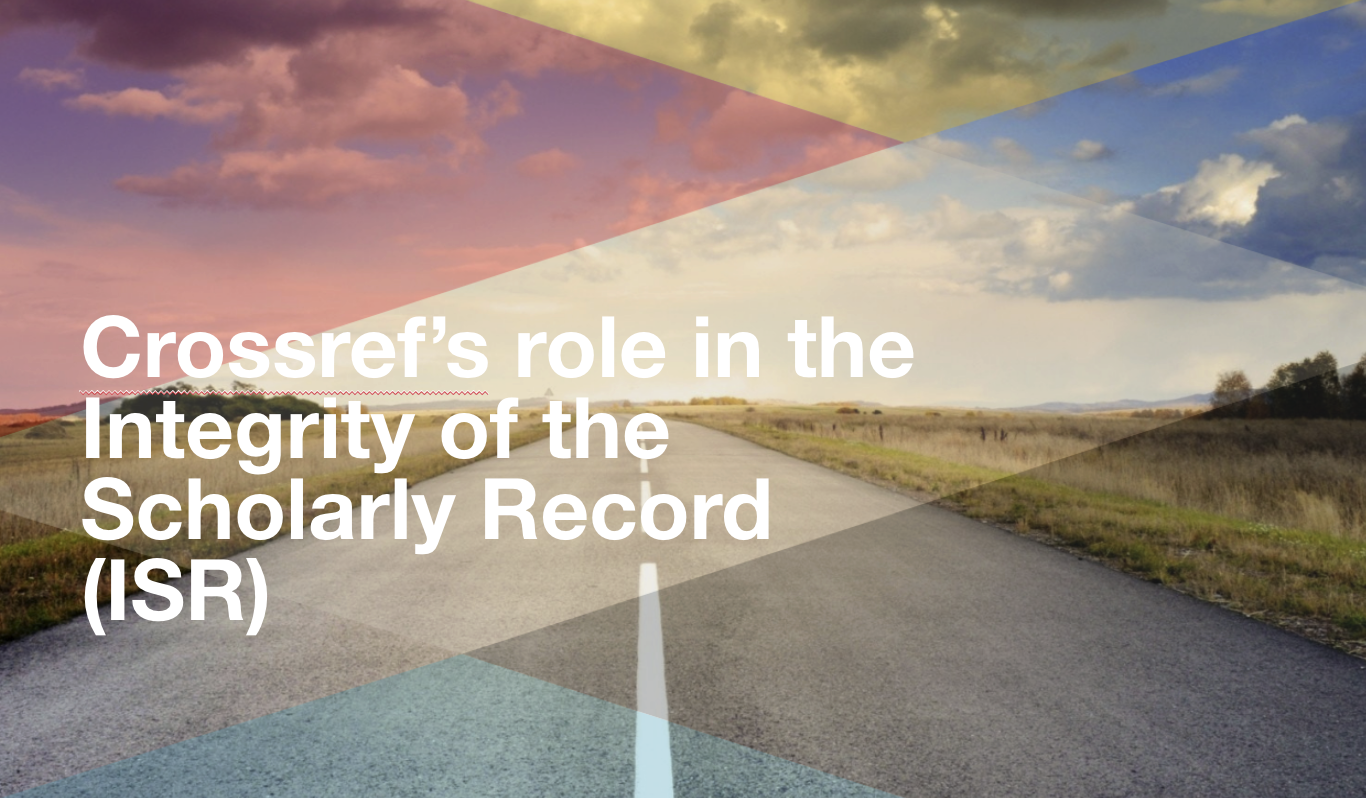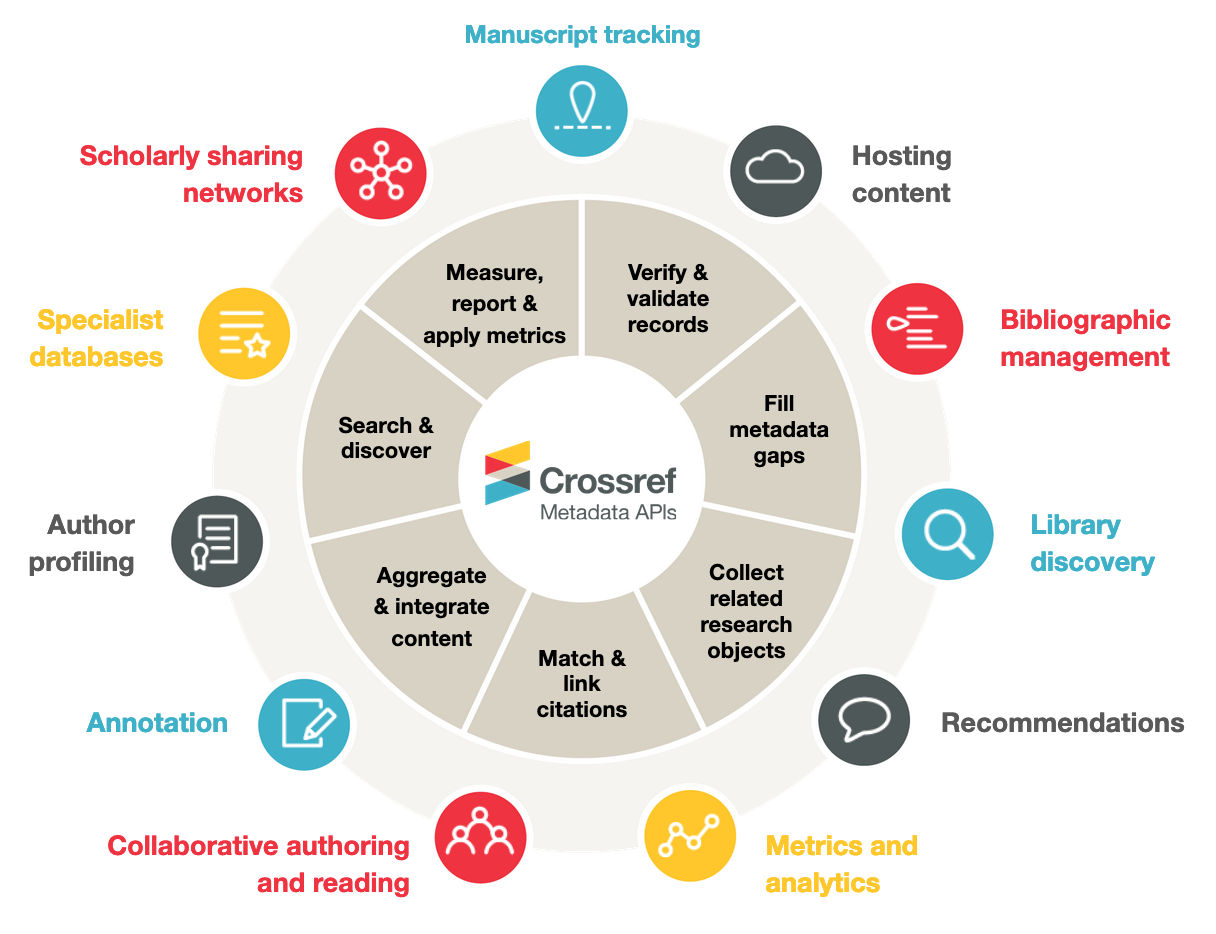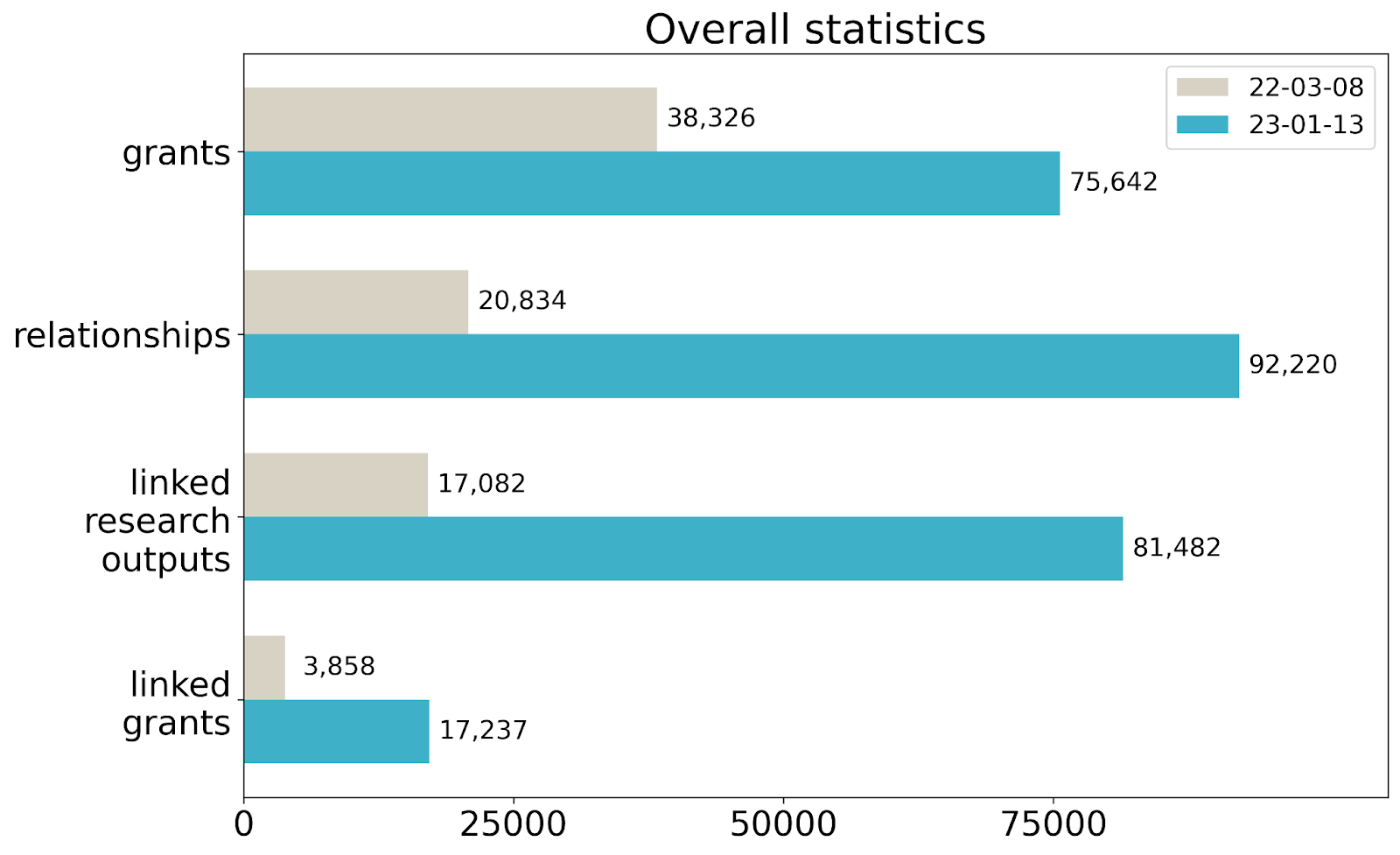
We’ve been spending some time speaking to the community about our role in research integrity, and particularly the integrity of the scholarly record. In this blog, we’ll be sharing what we’ve discovered, and what we’ve been up to in this area.

We’ve been spending some time speaking to the community about our role in research integrity, and particularly the integrity of the scholarly record. In this blog, we’ll be sharing what we’ve discovered, and what we’ve been up to in this area.
Do you want to help make research communications better in all corners of the globe? Come and join the world of nonprofit open infrastructure and be part of improving the creation and sharing of knowledge.
The Publishers Learning And Community Exchange (PLACE) at theplace.discourse.group is a new online public forum created for organisations interested in adopting best practices in scholarly publishing. New scholarly publishers can access information from multiple agencies in one place, ask questions of the experts and join conversations with each other.
We believe in Persistent Identifiers. We believe in defence in depth. Today we’re excited to announce an upgrade to our data resilience strategy. Defence in depth means layers of security and resilience, and that means layers of backups.
Recording data citations supports data reuse and aids research integrity and reproducibility. Crossref makes it easy for our members to submit data citations to support the scholarly record. TL;DR Citations are essential/core metadata that all members should submit for all articles, conference proceedings, preprints, and books.
At Crossref, we care a lot about the completeness and quality of metadata. Gathering robust metadata from across the global network of scholarly communication is essential for effective co-creation of the research nexus and making the inner workings of academia traceable and transparent.

What’s in the metadata matters because it is So.Heavily.Used. You might be tired of hearing me say it but that doesn’t make it any less true. Our open APIs now see over 1 billion queries per month.
Our Perspectives blog series highlights different members of our diverse, global community at Crossref.

One of the main motivators for funders registering grants with Crossref is to simplify the process of research reporting with more automatic matching of research outputs to specific awards.
Why the focus on funding information? We are often asked who uses Crossref metadata and for what. One common use case is researchers in bibliometrics and scientometrics (among other fields) doing meta analyses on the entire corpus of records.
Some small organisations who want to register metadata for their research and participate in Crossref are not able to do so due to financial, technical, or language barriers. To attempt to reduce these barriers we have developed several programs to help facilitate membership.